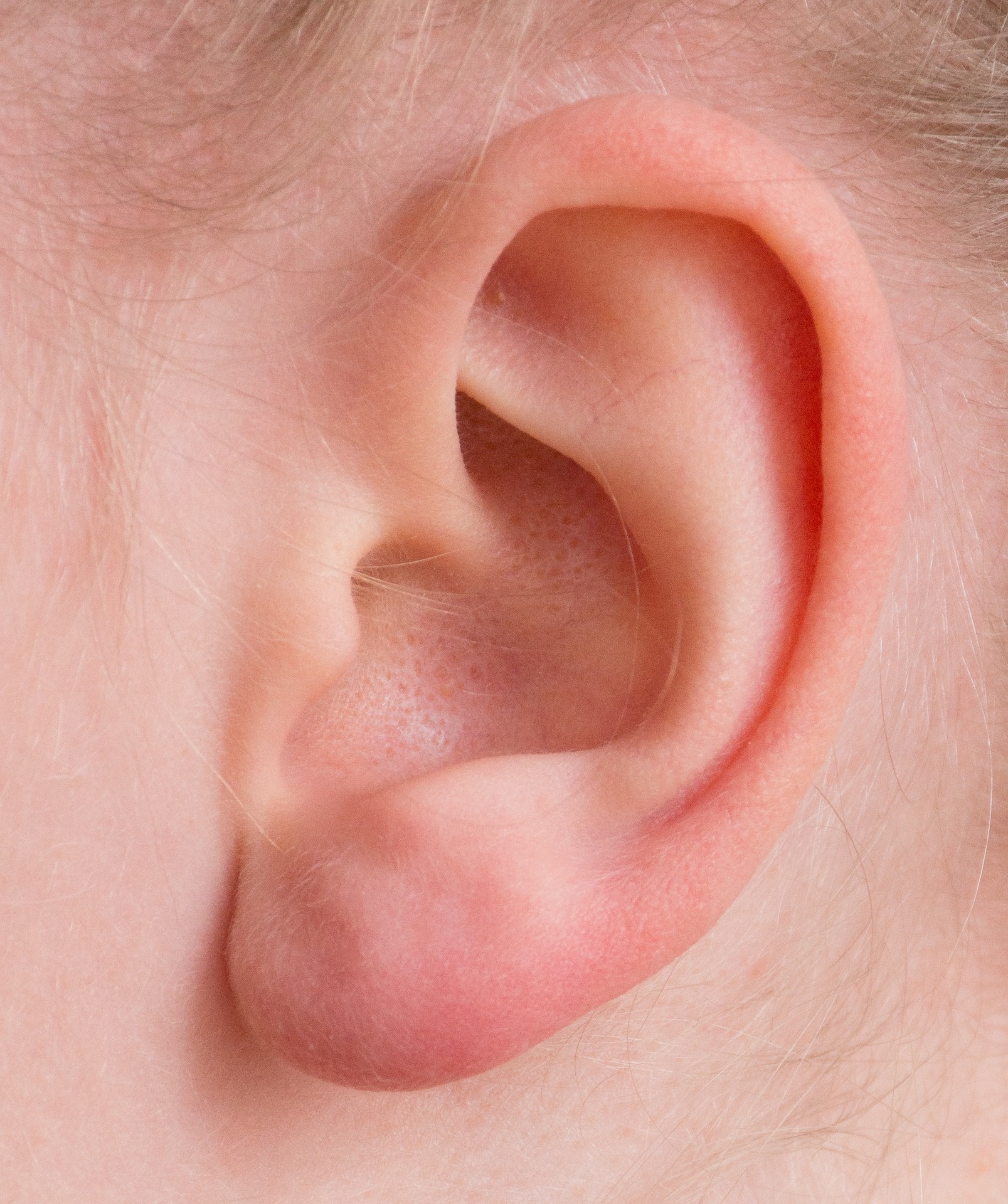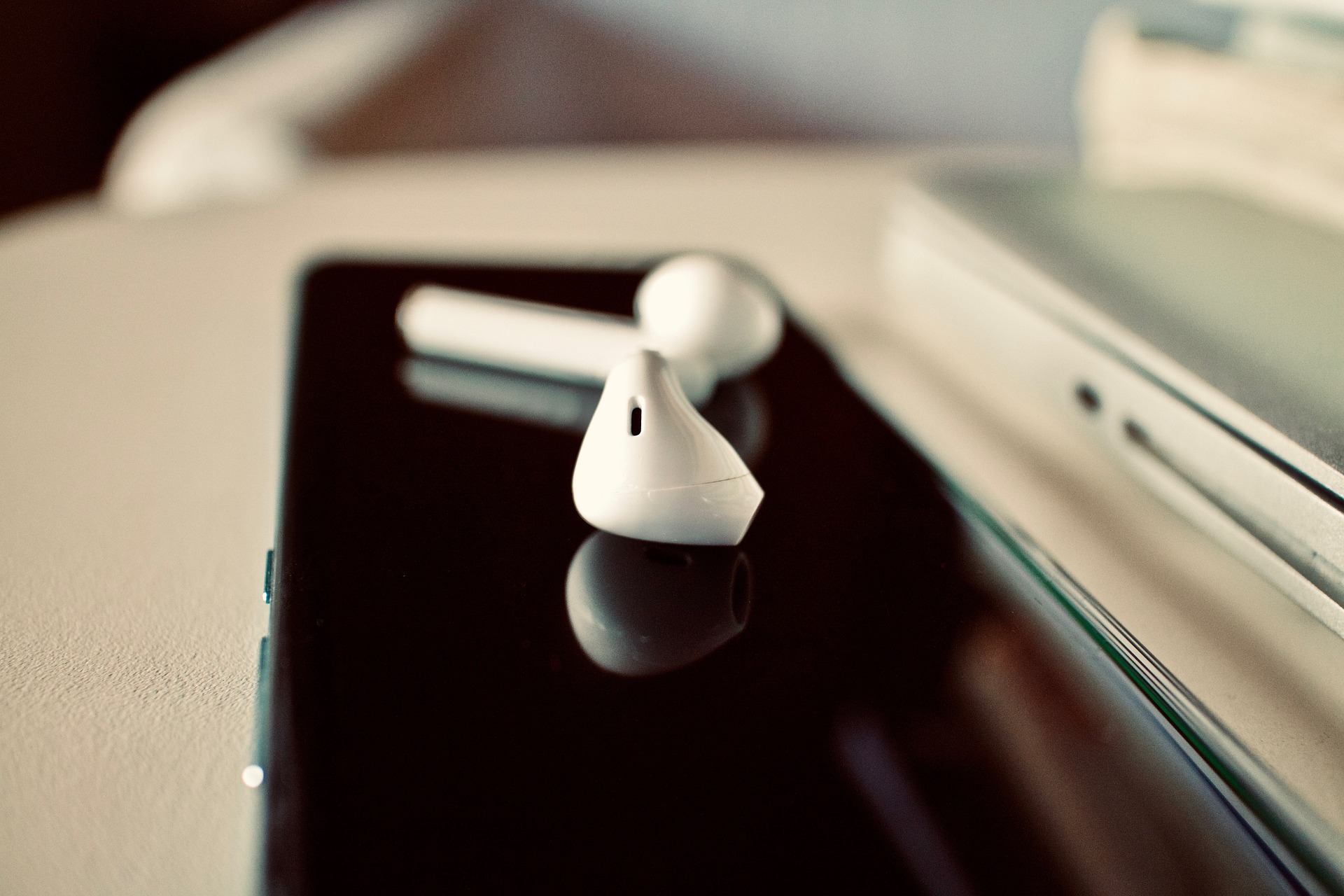
Image by Anemone123 from Pixabay
Hearing health is an important but often overlooked aspect of health and wellbeing. If you are interested in maintaining your natural hearing for as long as possible, you need to think about your lifestyle and your working environment. Here are 5 things you can do to protect hearing.
Avoid Noise
Noise-induced hearing loss is one of the most common forms of hearing loss in adults, especially people over the age of fifty. However, it would be detrimental to think that you don’t need to pay attention to your hearing health when you are under fifty and don’t have issues.
Hearing reduction happens gradually. It often occurs because of exposure to loud noises over a time period, so make sure you avoid loud noises or protect your ears if you work in a loud environment. When the delicate hairs of the inner ear are broken, they will not grow back.
Protect Ears
Noise-induced hearing loss happens when you are exposed to a sudden loud noise or a prolonged time period of noise. The sound of a gunshot beside your ear might result in temporary hearing loss, but everyday exposure to loud noise can lead to long-term issues.
The best way to protect your hearing when loud environments are unavoidable is to wear hearing protection such as ear muffs or ear plugs. Both of these options can reduce environmental noise significantly and reduce the need for a hearing aid in your later life.

Image by Luisella Planeta Leoni LOVE PEACE 💛💙 from Pixabay
Listen Low
When the cilia hairs in the inner ear are broken or lost, they don’t return; it is the beginning of the end for your hearing health. Cilia hairs can be damaged by noise above 70 decibels. The noise can come from a range of environmental factors and devices like smartphones and TVs.
You might have noticed a warning on your smartphone when you are listening to a device at a high volume, this is to protect your hearing health and is worth noticing. Try to listen to your devices on a lower volume, wear ear protection, or have your hearing checked more regularly.
Check Hearing
Some age groups are more prone to hearing reduction than others. For example, there is a higher chance of people over fifty needing a hearing aid or hearing treatment. Still, people of all ages can benefit from regular visits to an audiologist for a check-up and some routine advice.
If you haven’t been to an audiologist yet, it’s time to consider a check-up. Even if your hearing is very good at the moment, you can get some excellent advice on how to protect it going forward. As you get older, you will have to visit more or less often, depending on how to manage hearing.
Check Device
If you have a hearing device, you will need to take care of it and understand when it is working optimally and when it requires some attention. Make sure you have hearing aid troubleshooting options to identify hearing aid issues fast and resolve them for the benefit of long-term health.

Image by Gerd Altmann from Pixabay